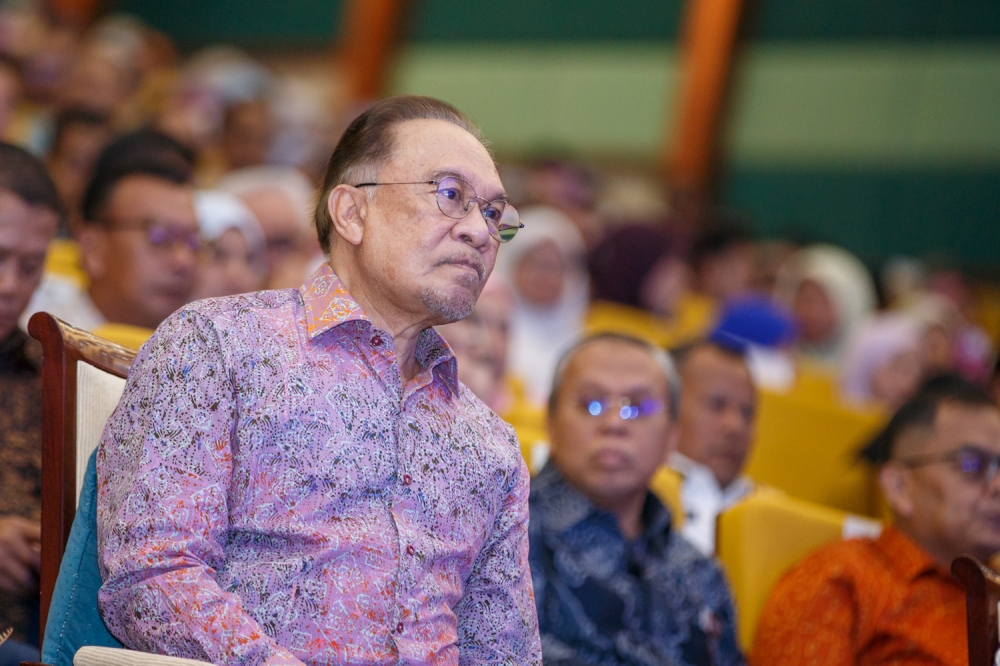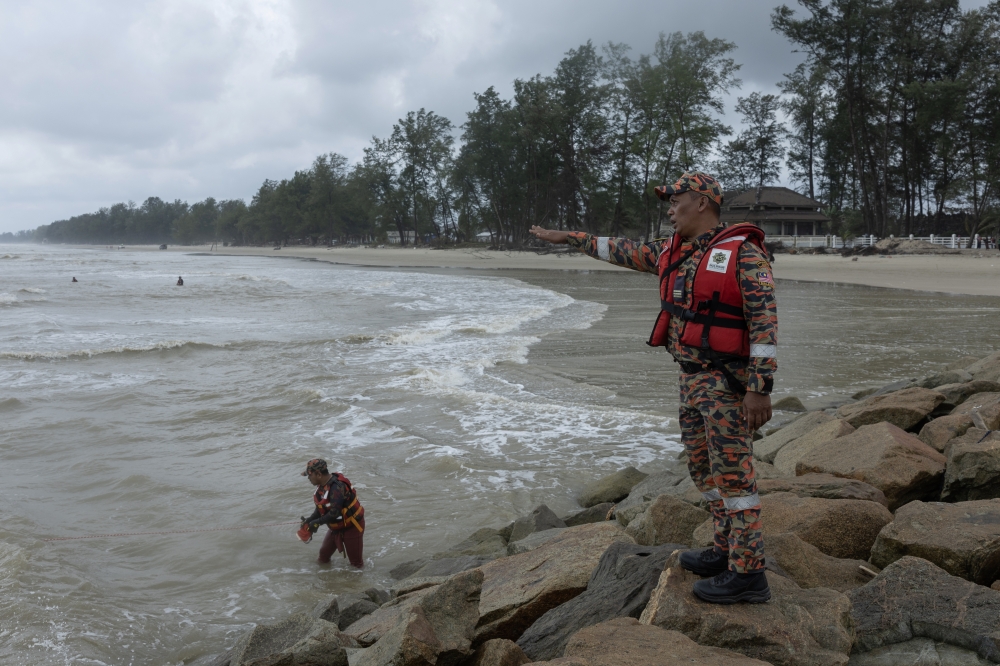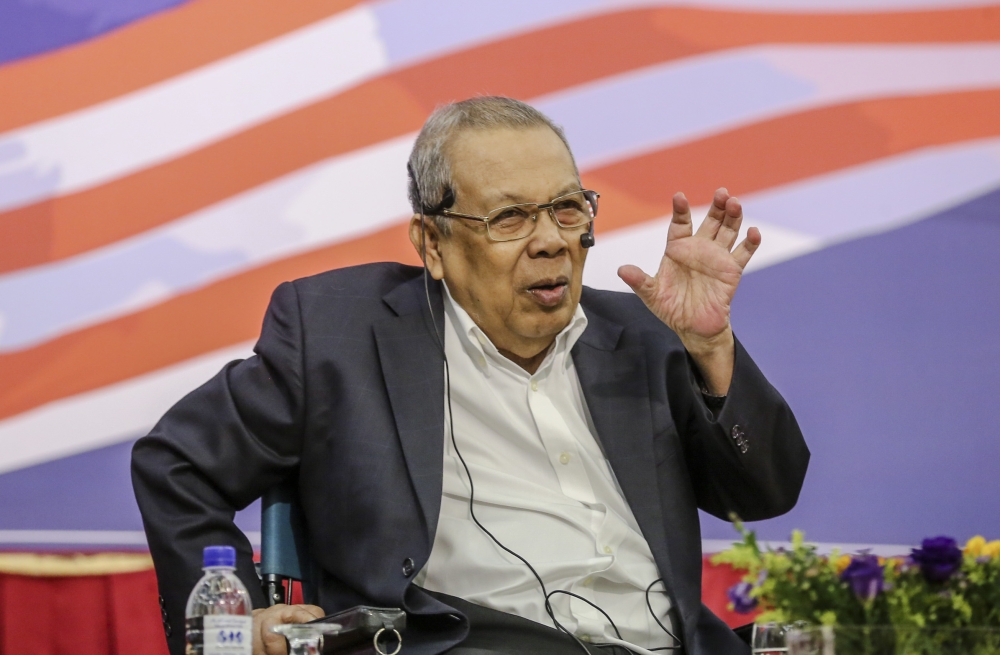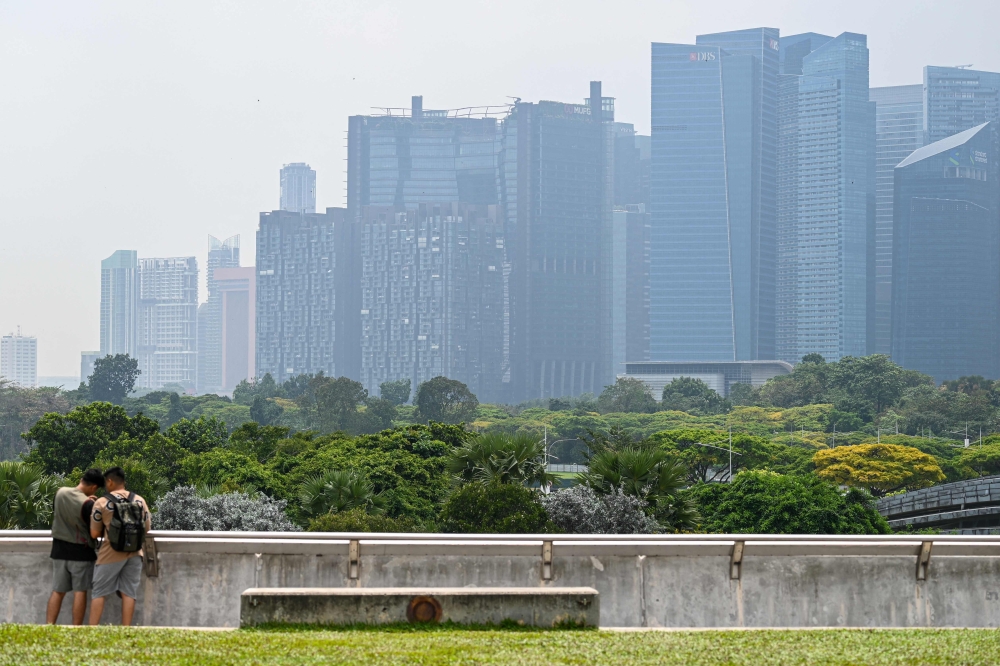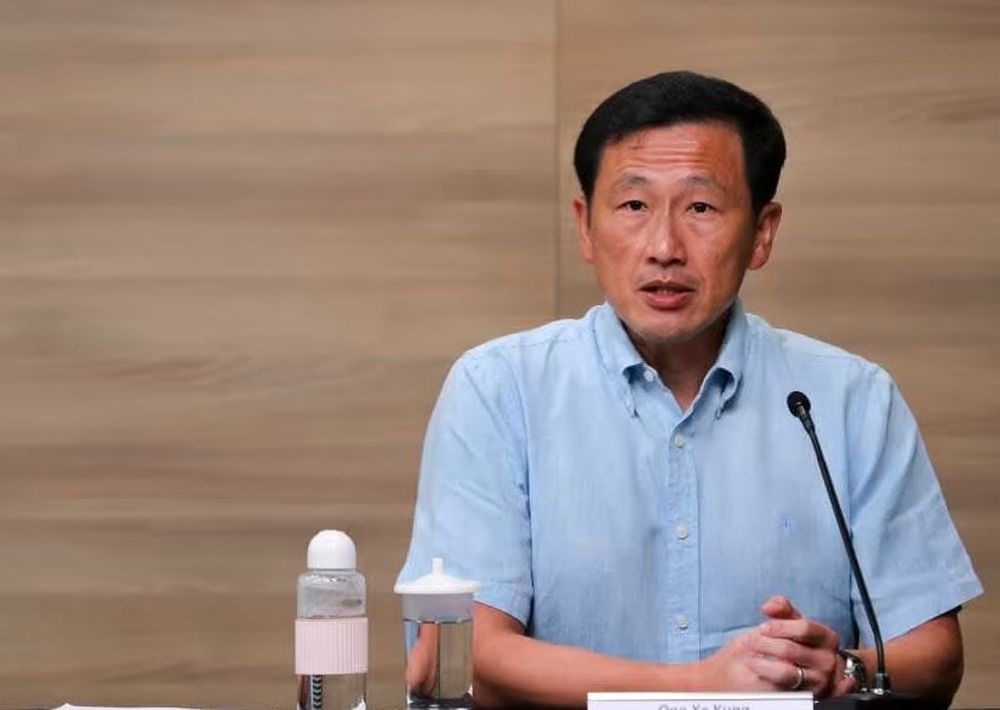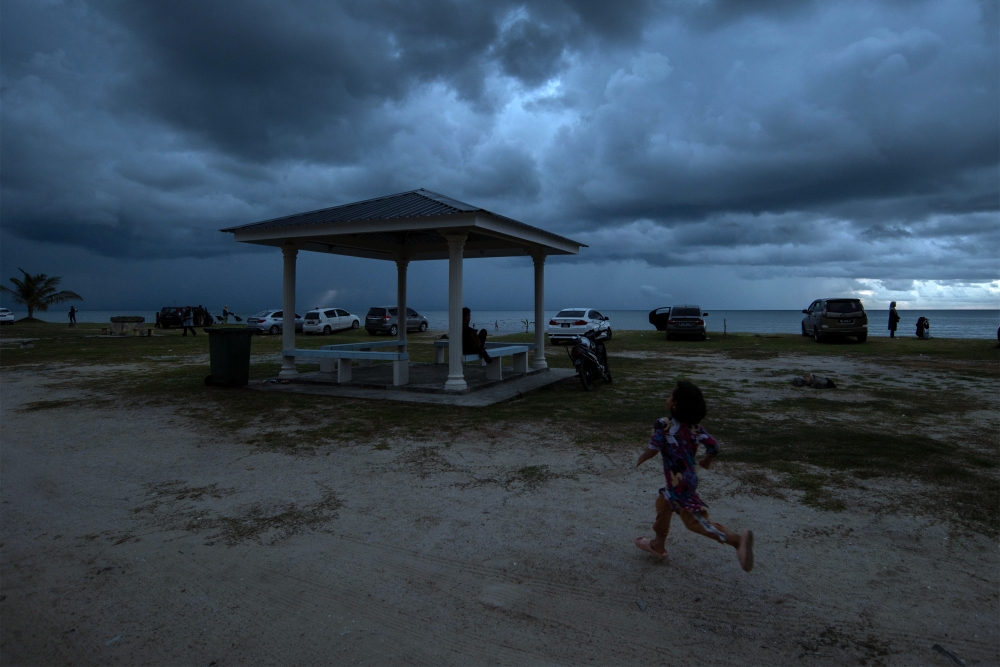SINGAPORE, May 10 — A growing number of youth sexual offences have been linked to early and repeated exposure to pornography, according to Singapore’s Ministry of Home Affairs (MHA).
The Straits Times reported today that in 2024, more than 460 individuals aged 19 and below were arrested for sexual crimes, with incidents involving sexual penetration of minors most common.
This figure was on par with 2023, which saw over 470 arrests — a 30 per cent increase from the previous year.
The MHA highlighted that many young offenders, like a 17-year-old boy who filmed his female classmates in school without consent, lacked awareness of the impact of their actions.
The boy, who had watched pornography for years from the age of 11, had learned to objectify girls.
His behaviour was not malicious but stemmed from re-enacting what he had seen online, as he had never been meaningfully educated about boundaries and consent.
When contacted by ST, senior counsellor at the Centre for Psychotherapy, Gopal Mahey, said that distorted perceptions of sexual relationships were common among youth exposed to sexually explicit content.
“Youth today grow up immersed in a digital culture where pornography is easily accessible, often degrading and rarely reflecting mutual respect or consent,” he was quoted as saying.
To address this growing concern, the MHA and Singapore’s Ministry of Education (MOE) introduced two resource guides in November 2024 aimed at helping professionals identify and manage inappropriate sexual behaviours in children and teenagers.
“DetACT Early” provides guidelines for early intervention, while “Discern Online Sexual Harms” helps educators and counsellors manage the effects of online pornography exposure.
The MHA also pointed to factors such as dysfunctional family dynamics and past abuse as contributing factors to youth sexual offences.
“Youth need secure, consistent relationships with adults who model respect, trust, and accountability,” said Mahey, stressing that a lack of such guidance can lead to distorted views on relationships and boundaries.
With the rise in youth sexual offences, both MHA and counselling experts emphasised the importance of early education, guidance, and intervention to help young people navigate healthy relationships and avoid harmful behaviours.





